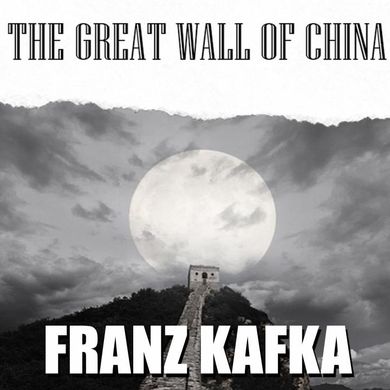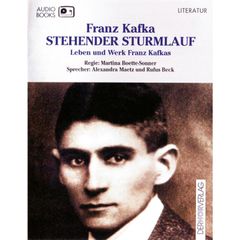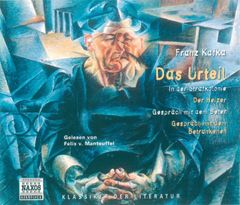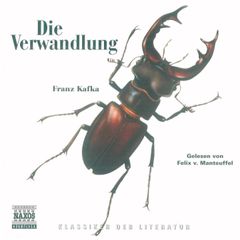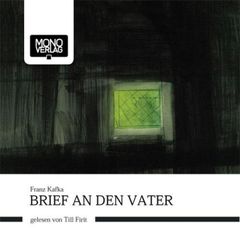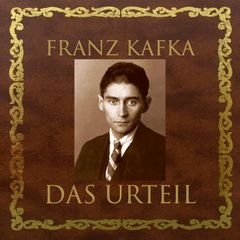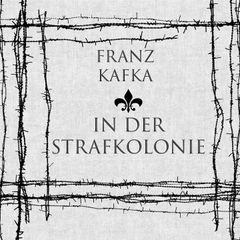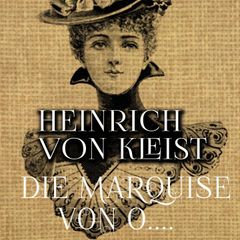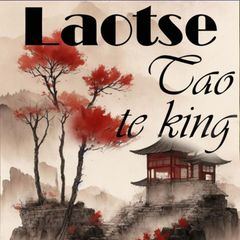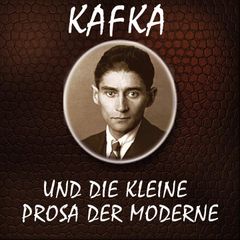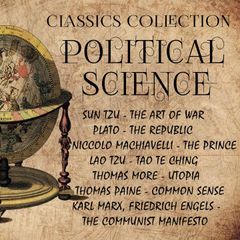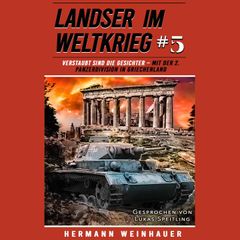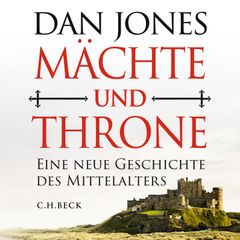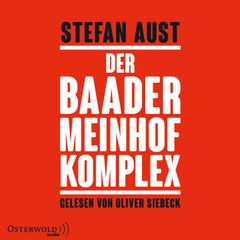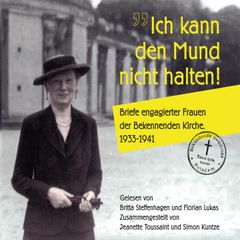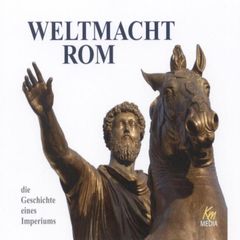- Audiobook
- 2025
- 32 mins
- Strelbytskyy Multimedia Publishing
- History
Title
The Great Wall of China
Description
"The Great Wall of China" is a short story by Franz Kafka. While written in 1917, it was not published until 1930, seven years after his death. Its first publication occurred in Der Morgen, a German literary magazine. A year later, Max Brod included it in Beim Bau der Chinesischen Mauer, the first posthumous collection of short stories by Franz Kafka.
Contained within the story is a parable that was separately published as "A Message from the Emperor" ("Eine kaiserliche Botschaft") in 1919 in the collection Ein Landarzt (A Country Doctor). Some sub-themes of the story include why the wall was built piecemeal (in small sections in many different places), the relationship of the Chinese with the past and the present and the emperor's imperceptible presence. The story is told in the first person by an older man from a southern province.
The first English translation, by Willa and Edwin Muir, was published by Martin Secker in London in 1933. It appeared in The Great Wall of China. Stories and Reflections (New York City: Schocken Books, 1946).
On public lists of these users
This audiobook is not on any list yet.
Product details
Publisher:
Author:
Title:
The Great Wall of China
read by:
Fabely Genre:
Language:
EN
ISBN Audio:
4069828110427
Publication date:
January 27, 2025
Keywords:
Duration
32 mins
Product type
AUDIO
Explicit:
No
Audio drama:
No
Unabridged:
Yes
About the author:
Franz Kafka (1883 – 1924) was a Jewish Austrian-Czech novelist and writer from Prague who wrote in German. He is widely regarded as a major figure of 20th-century literature.
His work fuses elements of realism and the fantastic, and typically features isolated protagonists facing bizarre or surrealistic predicaments and incomprehensible socio-bureaucratic powers. It has been interpreted as exploring themes of alienation, existential anxiety, guilt, and absurdity.
His best known works include the novella The Metamorphosis (1915) and the novels The Trial (1924) and The Castle (1926). The term Kafkaesque has entered English to describe absurd situations like those depicted in his writing.
